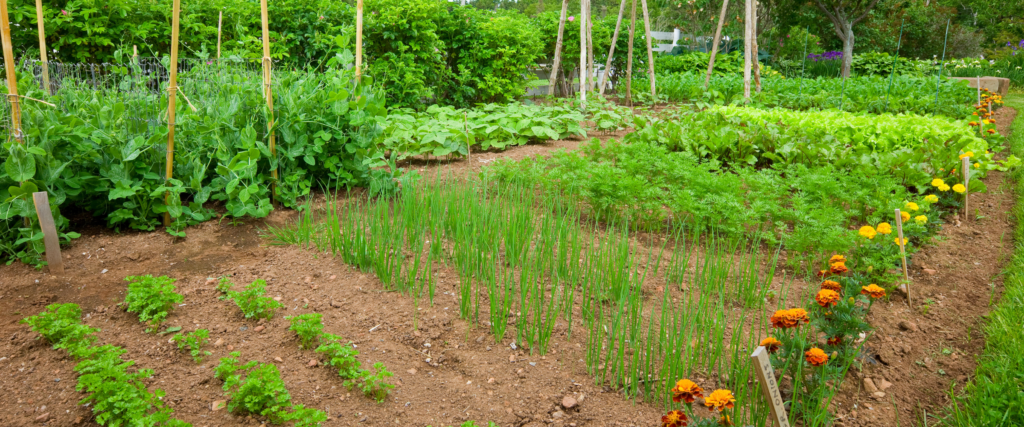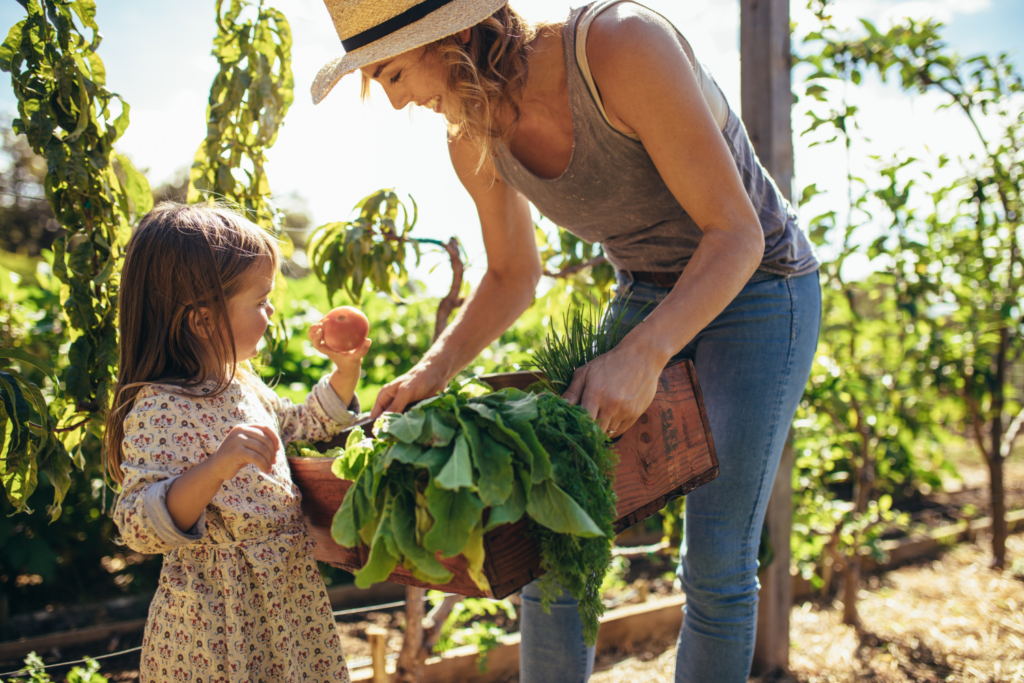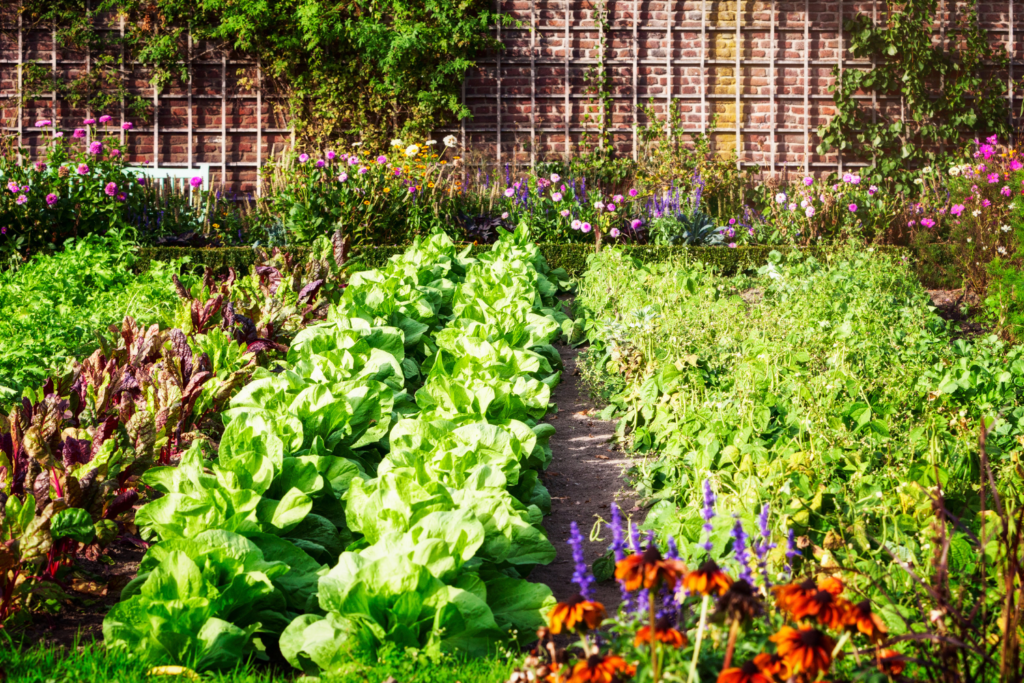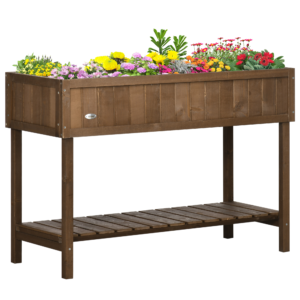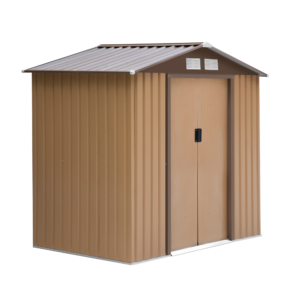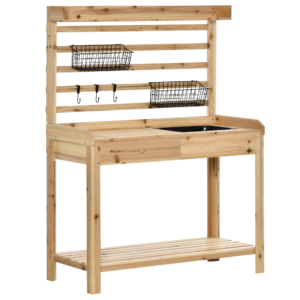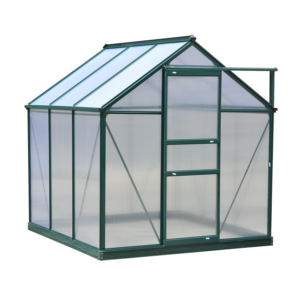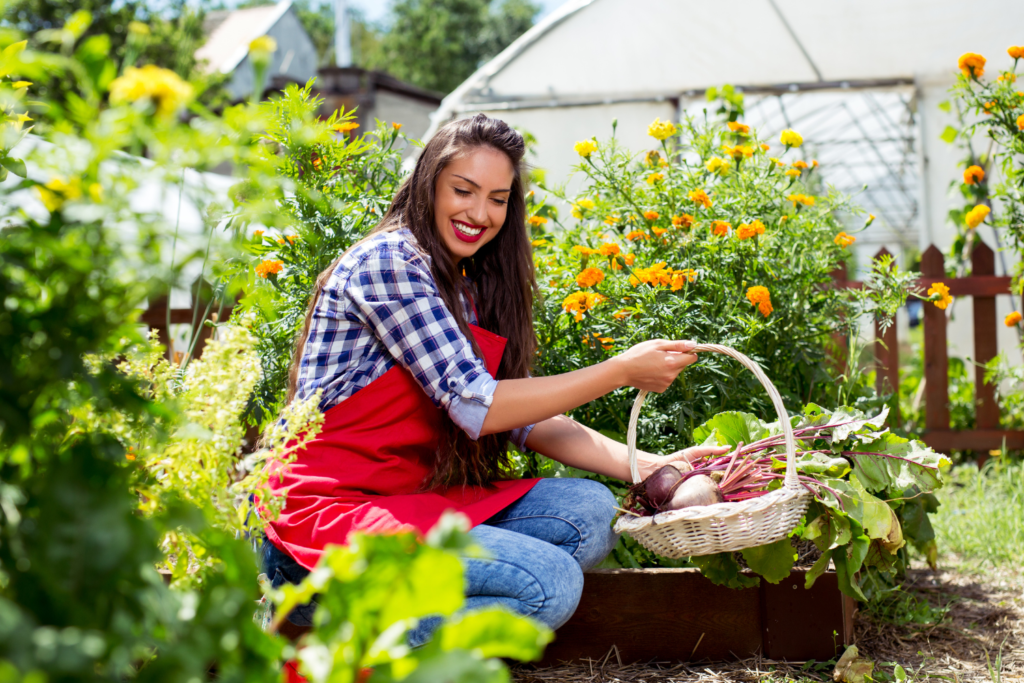
This post may contain affiliate links. As an affiliate, we earn from qualifying purchases. But we only recommend products we would use ourselves. View our Disclosure Policy here.
In an era where environmental concerns are at the forefront of global consciousness, the role of gardening in promoting sustainable living cannot be overstated. Gardening transcends mere cultivation; it is a profound practice that nourishes both the body and the soul while fostering a deeper connection with the Earth. In this comprehensive exploration, we will delve into the multifaceted benefits of gardening, from nurturing organic crops to minimizing ecological footprints, and the therapeutic effects it offers for personal well-being and the health of our planet.
The Therapeutic Benefits of Gardening
Beyond its environmental merits, gardening holds profound therapeutic benefits for individuals of all ages and backgrounds. The act of tending to plants, nurturing them from seed to harvest, and witnessing the beauty of nature’s cycles can be profoundly healing. Numerous studies have demonstrated the positive impact of gardening on mental health, stress reduction, and overall well-being. Gardening provides a sanctuary from the stresses of modern life, offering a space for quiet contemplation, creative expression, and physical activity. Whether it’s the satisfaction of harvesting a ripe tomato or the simple pleasure of feeling the soil beneath your fingertips, gardening has a unique ability to ground us in the present moment and foster a sense of connection with the natural world.
Connecting with Nature, Connecting with Community
Gardening also has the power to bring people together, fostering a sense of community and shared purpose. Community gardens, where individuals come together to cultivate shared plots of land, are vibrant hubs of activity, collaboration, and learning. These communal spaces not only provide access to fresh, locally grown produce but also serve as gathering places where neighbors can connect, share knowledge, and support one another. By participating in community gardening initiatives, individuals can forge meaningful connections with their neighbors, strengthen social ties, and contribute to the resilience and vitality of their communities.
FREE SHIPPING
Outsunny 10×8 Greenhouse for Winter
FREE SHIPPING
FREE SHIPPING
FREE SHIPPING
FREE SHIPPING
Outsunny 6x6x7 Walk In Greenhouse
FREE SHIPPING
Minimizing Your Ecological Footprint
Gardening offers a tangible means of reducing one’s ecological footprint by providing a sustainable alternative to store-bought produce. The carbon emissions associated with the transportation, packaging, and refrigeration of commercially grown fruits and vegetables can be significantly reduced by growing food locally. Additionally, home gardens offer the opportunity to implement resource-efficient practices such as rainwater harvesting, composting, and mulching, further minimizing waste and conserving water. Through conscious stewardship of our land and resources, we can cultivate gardens that not only sustain us but also contribute to the health and resilience of the ecosystems in which we live.
Nurturing Organic Crops: A Greener Approach
At the heart of sustainable gardening lies the cultivation of organic crops. Unlike conventional farming methods that rely on synthetic fertilizers and pesticides, organic gardening champions natural, holistic approaches to soil management and pest control. By eschewing chemical interventions, organic gardening fosters soil health, encourages biodiversity, and safeguards the health of consumers and ecosystems alike. Studies have shown that organic farming methods result in lower levels of environmental pollution, reduced greenhouse gas emissions, and healthier, more nutrient-dense produce. By adopting organic practices in our gardens, we not only protect the planet but also nurture our bodies with food that is free from harmful residues and chemicals.
Embracing the Journey of Growth
Embarking on a journey into sustainable gardening is a deeply rewarding endeavor, but it is not without its challenges. From navigating the nuances of soil health and plant nutrition to contending with pests and unpredictable weather patterns, gardening requires patience, perseverance, and a willingness to learn from both successes and setbacks. Yet, it is precisely through these challenges that we grow and evolve as gardeners and stewards of the Earth. Whether you have acres of land or a small balcony, there are countless ways to get involved in sustainable gardening, from container gardening to permaculture design and everything in between. By embracing the journey of growth and discovery, we can cultivate gardens that not only sustain us but also inspire others to join us in nurturing a greener, more sustainable future.
In a world facing unprecedented environmental challenges, gardening emerges as a beacon of hope and resilience. Through the nurturing of organic crops, the minimization of ecological footprints, and the therapeutic joys of growing our own food, we have the power to effect positive change in our lives and in the world around us. So, let us roll up our sleeves, dig in the dirt, and cultivate a future where gardens flourish, communities thrive, and the Earth is cherished and protected for generations to come.
